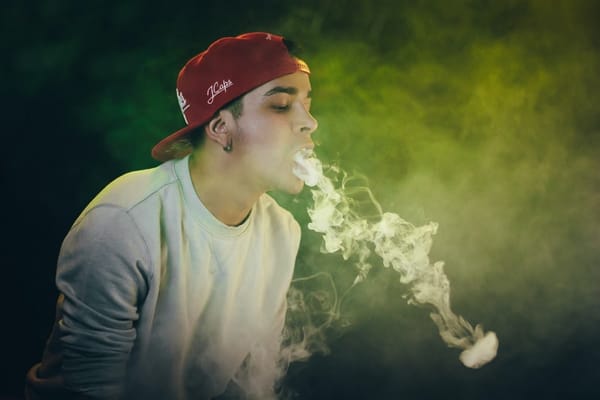Corona beer is the best selling 'chela' in Mexico
Read how for the first the arrival of Grupo Modelo's Corona beer to the Oxxo convenience store chain led to the brand being positioned as the most consumed malt beverage by Mexicans.

The arrival of Grupo Modelo's Corona beer to the Oxxo convenience store chain led to the brand being positioned as the most consumed malt beverage by Mexicans in 2019. Last year, Corona obtained 27.8 percent of the volume of beer consumed in Mexico, leaving behind Heineken's Tecate, which retained 24.8 percent of the market for the second year, according to Euromonitor data.
In February 2019, Grupo Modelo announced that it had reached an agreement with Femsa Comercio to gradually and gradually market its portfolio of beers in Oxxo convenience stores; however, it was not until April of last year that distribution began.
Femsa Comercio's agreement contemplated that Grupo Modelo would be sold in Oxxo convenience stores in certain regions of Mexico, until the end of 2022 it would cover the entire country. "Offering a larger portfolio of beer brands, which represents an estimated 20 percent of Oxxo's revenues, should benefit the retailer with traffic growth of 50 basis points," estimated Citibanamex in an analysis
Currently, Oxxo, from Femsa, has more than 19,600 points of sale in Mexico and Colombia.
In the first quarter of 2020, Cassiano De Stefano, president of Grupo Modelo, informed El Financiero that they already covered presence in more than 6,000 Oxxo convenience stores and would be moving forward in the regions of Puebla, Querétaro, Colima, and Guanajuato. "The fact of being in Oxxo was to respond to the demand of Mexican consumers, the agreement was very well done because it gives us the possibility of development by region and to do it well, with consistency," said the executive.
With the coronavirus pandemic, the brewery companies, among these Grupo Modelo, stopped operations for more than 45 days. Modelo has now resumed operations in its eight plants, as well as distribution. "You have to be very flexible in the supply chain, the whole process of demand that you look at and you have the flexibility to adapt, we changed the whole supply system to make it more centralized and that it sells sooner in the stores," De Stefano said recently.
Why AB InBev will produce Corona outside of Mexico?
For the first time, AB InBev will produce Corona outside of Mexico, a decision in which not only logistical savings come into play, but also maintains the authenticity of what is 'Made in Mexico'. The movement is due to increased demand for this beer outside the country. Carlos Brito, CEO of AB InBev, said in a conference with analysts that in the third quarter, Corona sales outside the country grew 21%. It highlights the performance in China, where the brand has grown to double digits high. In addition to having "solid results" in South Africa and Western Europe.
With more and more consumers asking for Corona, the firm opted to take the production process of the brand to other countries, which in addition to increasing its availability in different markets where it has a presence will also increase its profitability, because doing local production will reduce costs, especially logistics. With the expansion of its production, the brand will also be able to grow in countries such as China.
The expansion of Corona in China was one of the elements that led to a growth in brand value this year, explains Constanza Gabelich, director of Strategy and Brand Valuation at Interbrand, a consulting firm that annually produces a global brand value ranking (the 'Best Global Brands', in which the first Mexican brand to appear, in position 79 and with a value of 6,369 billion dollars, is Corona). And it is precisely this growth in markets, such as Asia, that will counteract one of the challenges the company will face with its decision: the authenticity factor of a brand like Corona that has been sold abroad in close association with Mexico.
Brand value is determined with three measurement elements: the financial performance of the brand, the strength of the brand, and its role in generating those sales. The other major challenge for the company will be to maintain standards, because taking its production to other parts of the world involves maintaining process control, quality, and developing a local supply chain, to maintain the essence of the brand.




